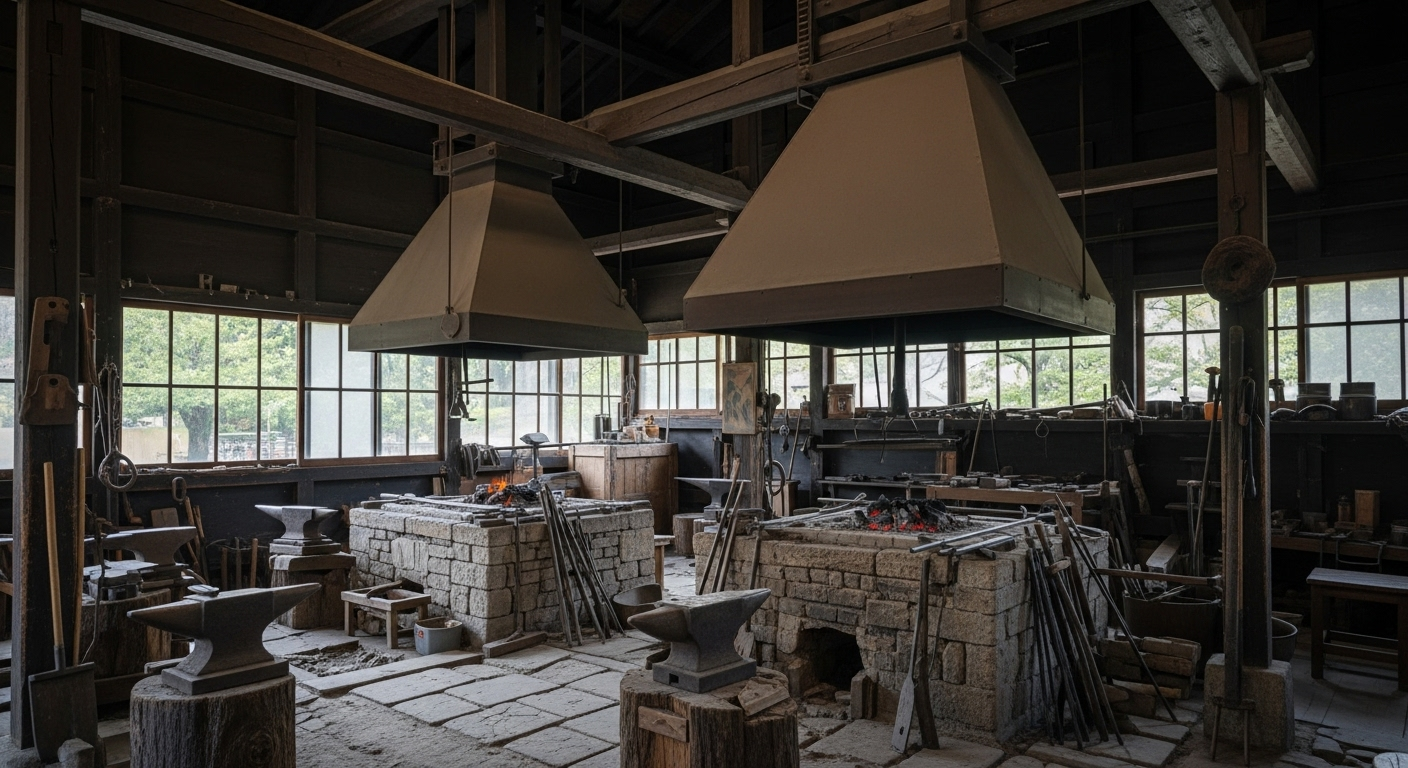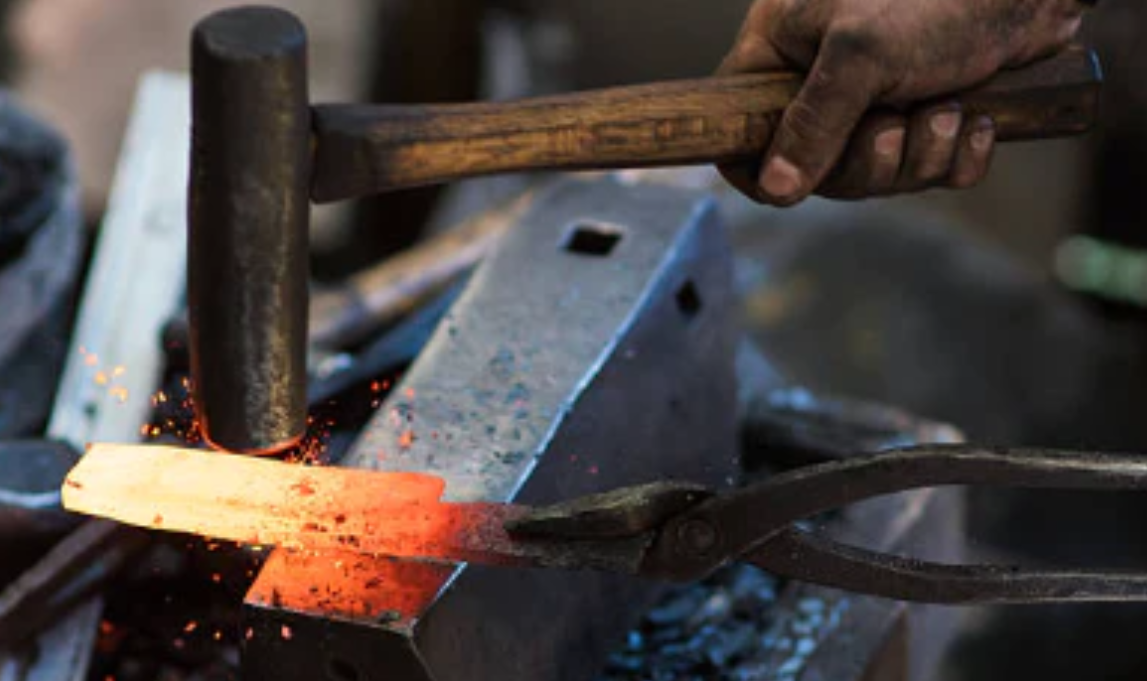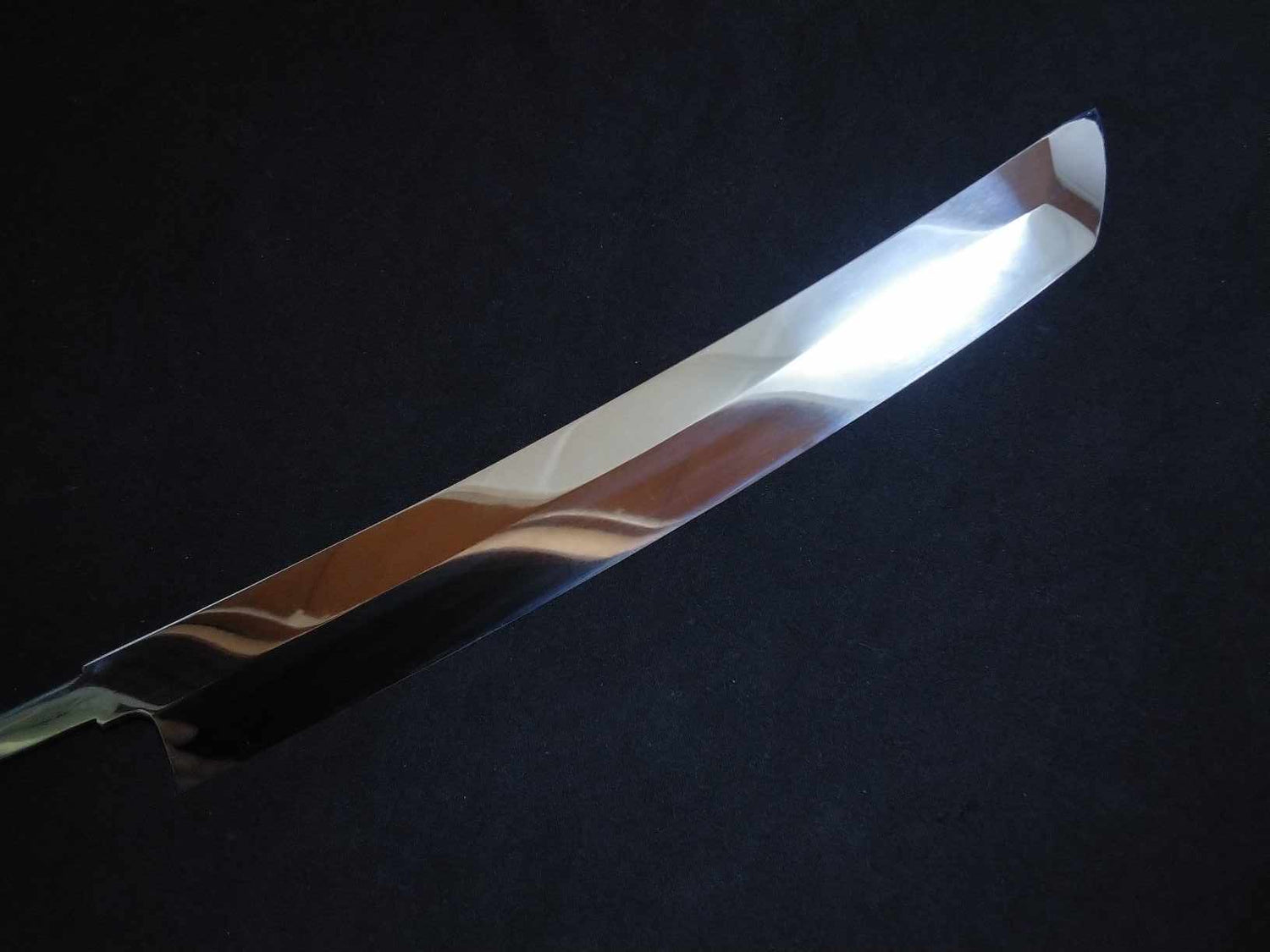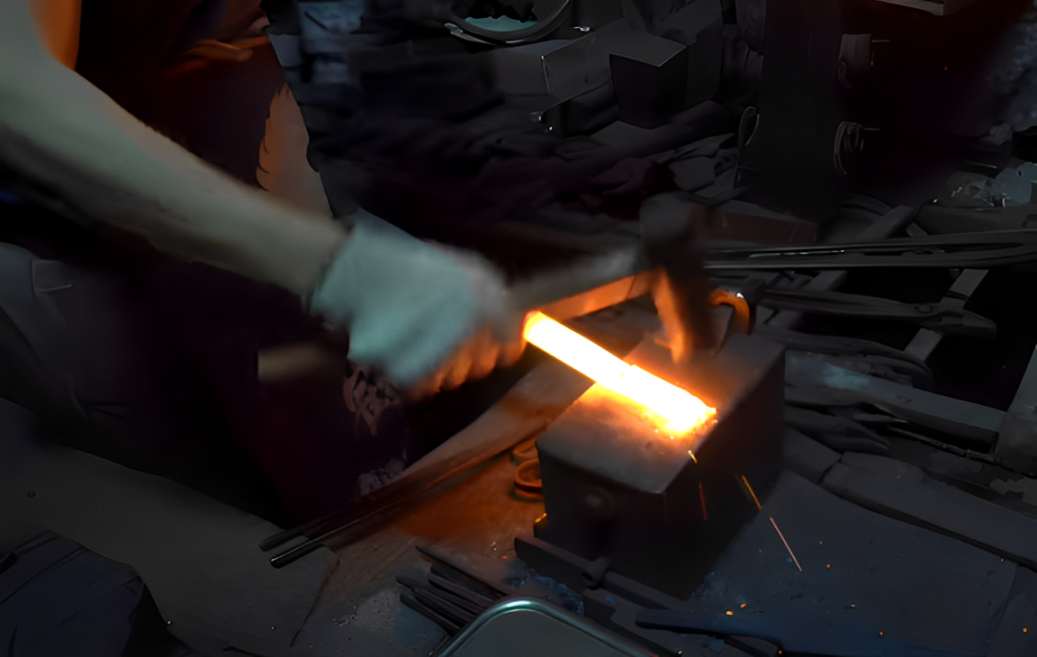
Mirror Polished
-
Step into the refined world of Japanese craftsmanship with mirror-polished kitchen knives.
This traditional finishing method, inspired by samurai swords and perfected over generations in Sakai, Japan, brings together elegance, durability, and precision. -
Mirror Polished Japanese Knife Collection

Mirror Polished (Both Sides)
The "Mirror Polished (both sides)" collection showcases Japanese knives from Sakai with a dual-sided mirror finish, designed for exceptional sharpness and visual appeal, making them highly suitable for professional chefs.

Mirror Polished (One Side)
The "Mirror Polished (one side)" collection showcases Japanese knives with a single-sided mirror finish, tailored for professional chefs. Each knife is crafted in Sakai, known for its quality.
Mirror-Polished Japanese Knives — Where Beauty Meets Performance
-
Have you ever seen a knife so bright it reflects like a mirror?
That brilliance is more than appearance—it is the result of a centuries-old Japanese technique called mirror polishing. Master artisans spend hours, sometimes even days, refining a blade until it shines with flawless perfection.
-

A Legacy in Every Reflection
Mirror polishing is rooted in the art of Japanese sword-making. In the age of the samurai, a polished blade reflected not just light, but the warrior’s spirit. Today, this same philosophy lives on in Japanese kitchen knives.
Each mirror-polished knife is shaped through painstaking steps using ultra-fine whetstones and abrasives, producing a surface so smooth it reflects light like glass. This refinement is not vanity—it is a testament to precision, patience, and the relentless pursuit of perfection. -

Why Professionals Choose Mirror Polish
For world-class chefs, a mirror-polished knife is more than a tool—it is a trusted partner.
- Sharper, smoother cuts that preserve the texture, flavor, and visual integrity of delicate ingredients like sashimi and vegetables.
- Corrosion resistance, as the ultra-smooth surface prevents moisture and food from clinging, protecting especially high-carbon steels.
- Hygiene and easy maintenance, since food residue wipes away effortlessly.
- Prestige and artistry, as the mirror finish reflects not only light but also the chef’s dedication to quality.
While the finish requires more care—being prone to scratches and demanding regular upkeep—it rewards its owner with decades of unmatched performance. Over time, a mirror-polished knife becomes an extension of the chef’s hand, carrying both beauty and reliability. -

Caring for a Mirror-Polished Knife
To preserve its brilliance and performance:
- Dry completely after each use—never store a damp blade.
- Clean immediately with warm water and mild soap, avoiding harsh detergents.
- Use a soft cloth or sponge, never abrasives, to protect the surface.
- Store safely in a dry place, ideally with a saya or knife stand, to prevent scratches.
With this care, your knife will keep its razor-sharp edge, brilliant luster, and exceptional performance for years, even decades. -

More Than a Tool—An Heirloom
A mirror-polished Japanese knife is not only a kitchen instrument. It is art, heritage, and precision in one—a blade that embodies centuries of craftsmanship. Owning one is not just a purchase; it is an invitation to experience the joy of cooking at its highest level, and to pass forward a tradition worth preserving.

FAQ About Mirror Polished Knives

Q1. What is a mirror finish on a knife?
A mirror finish is the result of meticulously polishing a knife’s blade with increasingly fine abrasives until the surface becomes highly reflective, like a mirror. While it is admired for its elegant appearance, the finish also offers practical benefits valued by professional chefs, making it both beautiful and functional.
Q2. What are the advantages of a mirror-finished knife?
A mirror-polished knife offers more than just visual beauty. The ultra-smooth surface provides enhanced corrosion resistance by preventing moisture and food particles from clinging, which is especially valuable for high-carbon steel. It also ensures ease of cleaning and better hygiene, as residue washes away more easily. The glossy finish highlights meticulous craftsmanship and gives the knife a luxurious presence prized by both chefs and collectors. Finally, the polished blade glides effortlessly through delicate ingredients, preserving their texture and presentation.
Q3. Can I polish my knife to a mirror finish myself?
Technically, yes—but it requires significant skill, patience, and specialized tools. The process involves moving step by step from coarse abrasives to ultra-fine polishing compounds, all while maintaining the correct blade geometry. Even small mistakes can damage the knife or reduce its performance. Because of the risks, we recommend entrusting valuable or premium knives to professional craftsmen for polishing.
Q4. How do I care for a mirror-finished knife?
To maintain both appearance and performance, always wash and dry the knife immediately after use, as water spots are more visible on polished surfaces. Use only soft, non-abrasive cloths to avoid scratches, and wipe off fingerprints regularly to preserve the pristine look. After cutting acidic foods, rinse and dry promptly to prevent staining. For storage, keep the blade away from other metals by using a guard, block, or dedicated case. With proper care, a mirror-polished knife retains not only its brilliance but also its cutting edge for many years.
Q5. Does a mirror finish affect cutting performance?
Yes, in subtle but meaningful ways. The smooth, polished surface reduces friction, allowing the blade to glide more easily through delicate foods. This helps maintain the integrity of textures and minimizes damage to ingredients such as raw fish, herbs, or fine vegetables. While the cutting edge itself determines sharpness, the mirror finish enhances how the blade interacts with food, making each cut more refined.
Q6. Why are mirror-polished knives so expensive?
The cost reflects both the time and the skill required. Achieving a flawless mirror finish involves countless hours of careful hand-polishing, progressing through many grits of abrasive to reach a glass-like surface. Only highly experienced craftsmen can perform this work without compromising the blade’s geometry. As a result, mirror-polished knives are not only high-performing culinary tools but also collector’s items that embody the pinnacle of Japanese craftsmanship.

Mirror Polish: Beauty with Purpose
A mirror finish is more than shine—it protects the blade by reducing the risk of rust. Whether White, Blue, or stainless steel, each benefits from this technique, which enhances both durability and care. In Japanese knives, mirror polishing is not just decoration but a choice that unites performance with longevity.

The Soul of Craftsmanship
-
Respect Your Tools—The True Mark of an Artisan
Great tools possess a quiet power: they elevate the people who use them.
-
“They make you think, I must not be outdone by this tool, or I want to master it and unlock its full potential.”
In time, these tools cease to be mere objects. They become trusted partners, growing alongside you. -
As artisans, we treat our tools with the utmost respect. True craftsmanship is born from a dialogue between maker and tool. By caring for your tools—sharpening, maintaining, and honoring them—you cultivate pride and responsibility, virtues essential to every artisan’s path.
-
Neglect, however, severs this bond. No matter how skilled you are, without respect for your tools, you cannot reach your full potential. Good work arises only from trust between the craftsman and their tools.
-
So I urge you: treat your tools with the same devotion you bring to your craft. When you do, they will respond in kind, enriching your work and turning daily effort into lasting fulfillment.
-
“Your tools are an extension of your hands.”
Embracing this truth is the first step toward creating work of the highest quality.
How Japanese Knives Are Made: The Sakai Tradition
VIDEO PROVIDED: JAPAN TRADITIONAL CRAFTS AOYAMA SQUARE (YOUTUBE)
-
Sakai Forged Blades — Six Centuries of Unrivaled Craftsmanship
Loved by chefs around the world and trusted by 98% of Japan’s top culinary professionals, Sakai knives are more than tools—they are the living legacy of over 600 years of master craftsmanship.
-
At KIREAJI, we work directly with the Shiroyama Knife Workshop in Sakai, Japan, ensuring every blade is hand-forged, finished to perfection, and shipped straight from the workshop to kitchens across the globe. No middlemen. No mass production. Only authentic, artisan-made knives, crafted to elevate your cooking for a lifetime.




